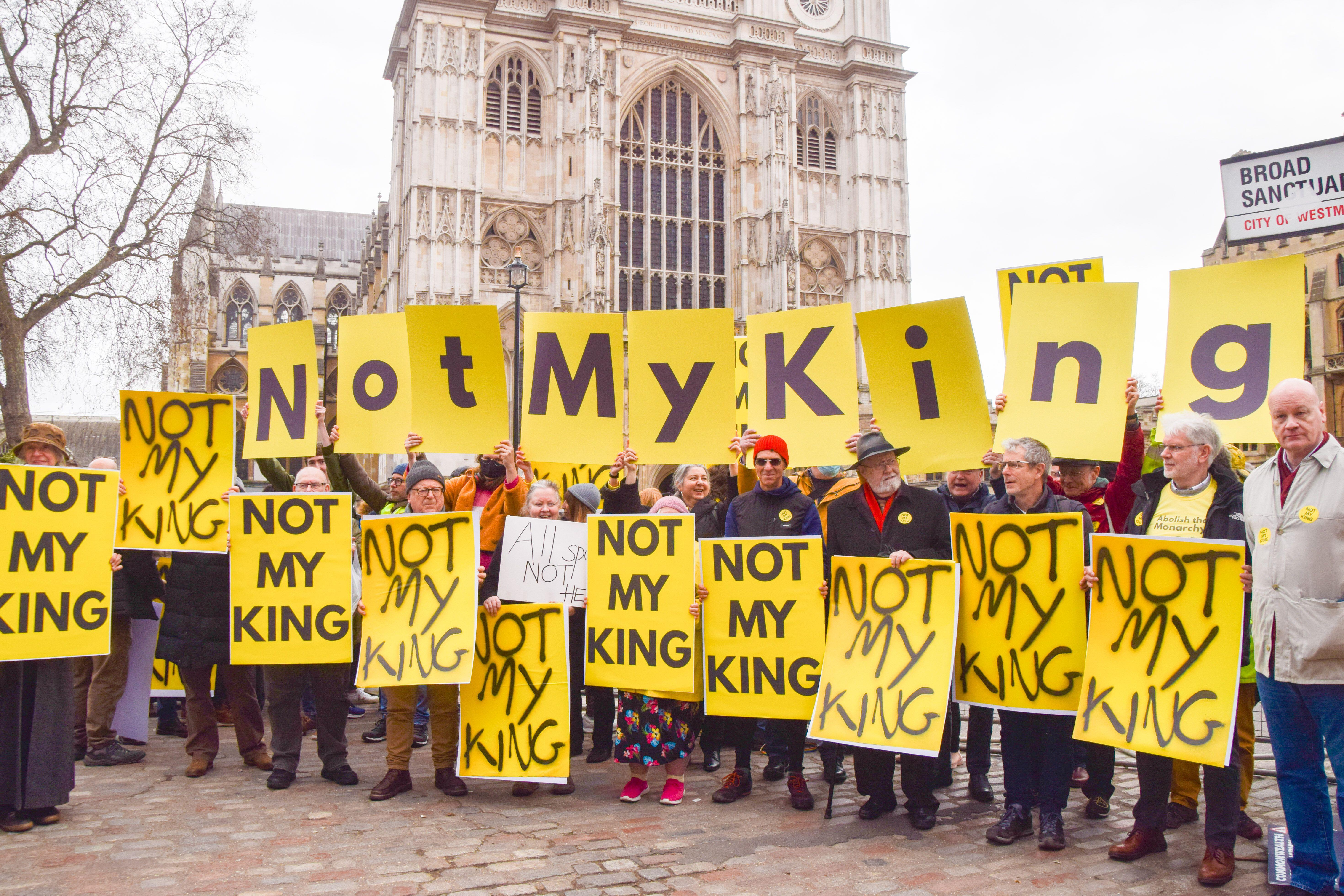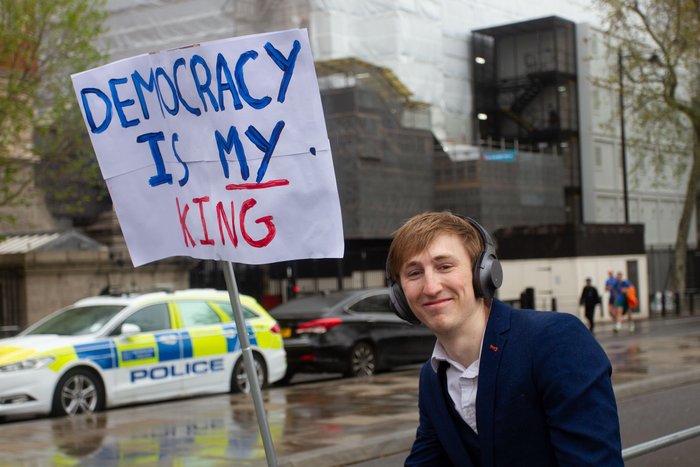The Economic Activity of Public Bodies (Overseas Matters) bill passed its second reading at the Commons last week, and is heading to the committees. If passed into law, it will prohibit public bodies, including public universities and city councils, from boycotting Israel as part of the Boycott, Divestment and Sanctions (BDS) movement. The bill goes so far as to suppress anyone bound by the law from expressing even verbal support for BDS.
BDS is an effort to bring economic pressure on Israel to change its treatment of Palestinians. But this bill - sponsored by Housing Secretary Michael Gove - is so much more than another expression of pro-Israel sentiment.
Let it pass, and you will discover that it is a Trojan horse with a belly full of culture warriors ready to set upon the British public - as they have in the United States.
We passed a similar bill in Arkansas, where I publish Arkansas Times, a magazine and website covering Arkansas news and politics. The state now requires anyone doing business with the state, from a school teacher to a highway contractor, to sign a pledge not to boycott Israel. The Arkansas Times is not boycotting anyone, much less Israel, which has nothing to do with the local issues we cover, but we refused to sign on free speech principles – and therefore lost our state advertising, which comprised a substantial portion of our revenue.
As we were soon to learn, constraining support for BDS was barely the beginning. Reasonable people can disagree about whether this is an appropriate use of state power, and they can disagree about Israel. If this bill passes into law, Britons will get a whole lot more than they bargained for.
"The beauty of the anti-BDS laws is that they are a template"
Many of the original anti-BDS laws were written by the American Legislative Exchange Council (ALEC), a conservative bill factory that churns out ‘model’ state laws, which are then shopped to conservative state legislators. ALEC is funded by Koch Industries and major fossil fuel, pharmaceutical, tobacco, railroad and telecom companies. Most of its legislative efforts go to benefit its corporate sponsors, but it is also responsible for right-wing culture war legislation such as expanding claims of self-defence in the use of deadly force, ID requirements leading to increased voter suppression, and anti-gun control legislation.
From ALEC’s point of view, the beauty of the anti-BDS laws is that they are a template for harnessing state economic power to advance a variety of conservative initiatives.
On the heels of the anti-BDS laws, ALEC began promoting a new bill prohibiting any financial institution or company from doing business with the state if, out of concern for climate change, it boycotts the fossil fuels industry. That bill has now passed in Arkansas, Texas and at least seven other states. The London-based Jupiter Fund, Credit Suisse and CitiBank are just a few of the companies that are now banned from receiving state contracts in Texas.
“It turns out, you would only need to change about 10 words…Why people are not more worried about this is just baffling.”
Another anti-boycott iteration is a bill to deny state business to any company or financial institution boycotting the firearms industry, whether out of concern about gun violence or for any other reason. That bill is now law in at least six states. Other conservative legislatures have introduced bills against boycotts that are undertaken in support of gender affirming care, abortion access, and inclusive, equitable workplaces.
The ease with which the anti-BDS bills can be lightly edited to suppress dissent on other issues was illustrated in Just Vision’s film Boycott, which features my case. In the film, President of the Foundation for Middle East Peace Lara Friedman says: “It turns out, you would only need to change about 10 words…Why people are not more worried about this is just baffling.”
"There is nothing inherently conservative about these anti-boycott laws"
Fortunately, there are Brits who are deeply worried. In fact, there is an impressive and diverse coalition called Right to Boycott campaigning against the bill. The coalition, comprising over 60 environmental orgs, Palestinian rights groups, students, workers unions, and others, is sounding the alarm about all the ways in which this bill will stifle freedom of expression and ethical investment campaigns across a wide variety of issues.
Every British citizen should join them in outrage, regardless of where they lie on the political spectrum. Indeed, there is nothing inherently conservative about these anti-boycott laws. Depending on who is in charge, these laws could be used just as effectively to advance a left wing political agenda. Last week, 86 Conservative MPs showed they understood this, when they refused to vote for their own government’s bill - with two voting against (Labour, meanwhile, abstained.)
Wielding the power of the state to enforce political litmus tests should never be in question in any country that calls itself “free.” But that’s what’s happening here in the U.S, and the impact of this suppression is growing every day, so far, unchecked even by our Supreme Court. It’s not too late for you in the U.K, however. The bill is likely coming back before the Parliament this autumn. The Trojan horse is parked on your doorstep. For your sake, I hope you won’t let it enter your gates.
Photo: Boycott by Ben Schumin on Flickr (CC BY-SA 2.0)





